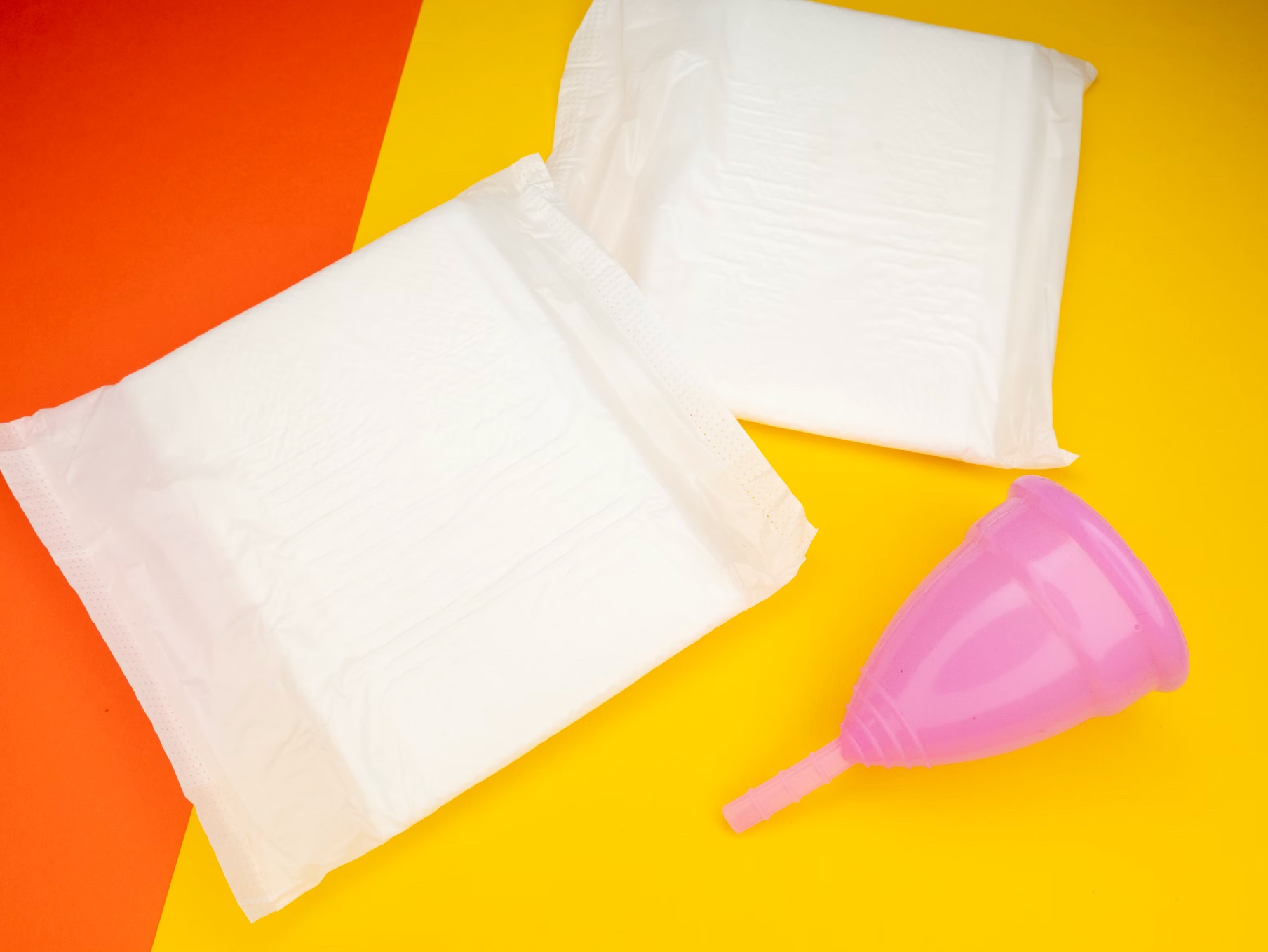Menstrual phase nutrition tips

The menstrual phase marks the start of your cycle — days 1 through 5, when bleeding begins. During this time, estrogen and progesterone are at their lowest, which can lead to fatigue, cramps, headaches, and low mood. Your body is also losing iron through menstrual blood, increasing the need for iron-rich and anti-inflammatory foods.
The goal of menstrual phase nutrition is to replenish nutrients, soothe discomfort, and support gentle digestion.
What Happens During the Menstrual Phase?
- Hormone levels (estrogen & progesterone) drop sharply
- Inflammation may increase, triggering cramps
- Iron levels deplete from blood loss
- Energy and metabolism are at their lowest
Best Foods to Eat on Your Period
🥩 Iron-Rich Foods
Help replenish blood and energy.
- Lentils, chickpeas, black beans
- Spinach, kale, beet greens
- Grass-fed red meat, liver
- Iron-fortified cereals and oats
💡 Pro tip: Pair plant-based iron with vitamin C (e.g., lemon, bell pepper) to increase absorption.
🫚 Anti-Inflammatory Ingredients
Ease cramps and reduce bloating.
- Ginger (tea, fresh root, powdered)
- Turmeric (golden milk, soups, smoothies)
- Fatty fish like salmon (rich in omega-3s)
🍵 Warm, Comforting Meals
Support digestion and ease abdominal tension.
- Bone broth or miso soup
- Stewed lentils with warming spices
- Slow-cooked oats with cinnamon and chia seeds
🥑 Healthy Fats
Support hormone balance and reduce inflammation.
- Avocados
- Flaxseed
- Olive oil
- Walnuts
Sample Menstrual Phase Meal Plan
Breakfast:
Iron-fortified oatmeal with berries, chia seeds, and cinnamon
- Ginger tea
Lunch:
Spinach and lentil soup with lemon
- Slice of whole grain toast with olive oil
Snack:
Pumpkin seeds + dark chocolate square (70%+)
Dinner:
Salmon with sweet potato mash and sautéed greens
- Herbal tea (peppermint or raspberry leaf)
What to Avoid
| 🚫 Food | Why to Avoid |
|---|---|
| Caffeine | Can worsen cramps and increase anxiety |
| Salty foods | Contribute to bloating and water retention |
| Refined sugar | Can trigger mood swings and inflammation |
| Cold/raw foods | May slow digestion and worsen cramps for some |
Scientific Insights
-
Iron supplementation is clinically recommended to prevent or treat deficiency in menstruating women, especially those with heavy periods.
Source: WHO Guidelines – Iron Supplementation -
Omega-3 fatty acids from foods like salmon may help reduce the intensity of menstrual cramps by decreasing prostaglandin levels.
Source: Rahbar et al., 2012 – PubMed -
Ginger supplementation has been shown to significantly reduce menstrual pain in several clinical trials.
Source: Moshfeghinia et al., 2024 – PubMed